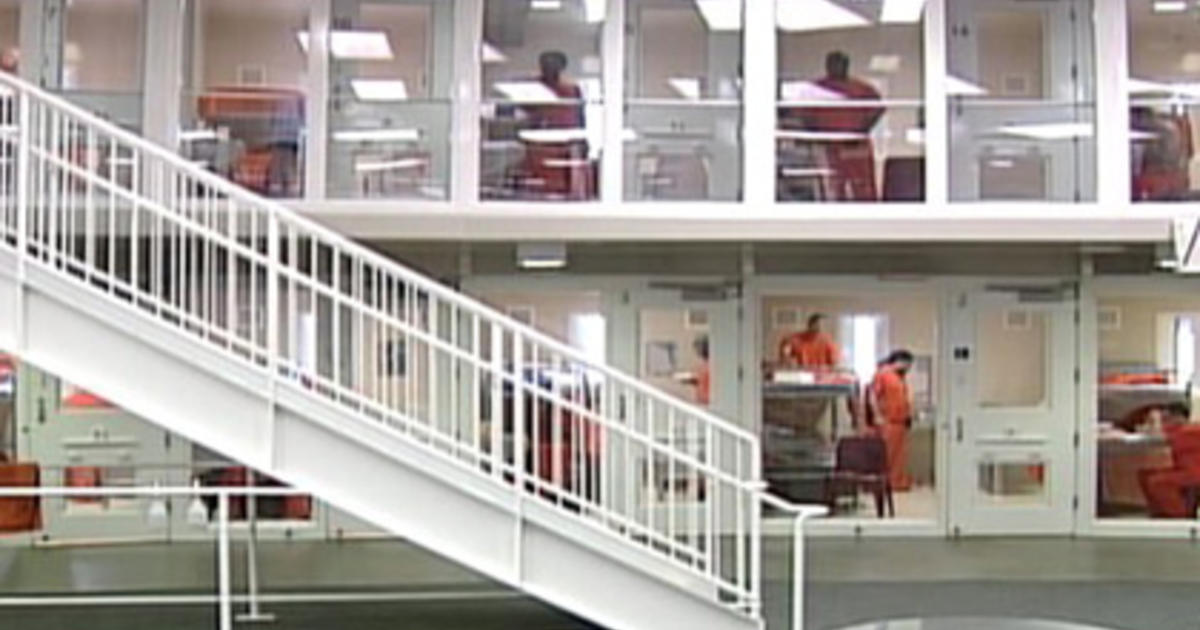Scammers Trick Consumers Into Believing Their Computers Are Infected
SAN FRANCISCO (CBS SF) -- As tens of thousands of computers in countries around the world were being attacked by hackers demanding bitcoin payment on Friday, the U.S. Federal Trade Commission and its state partners were urging internet users to take measures to protect themselves online.
The ransomware attacks that crippled computer systems in over 60 countries Friday were likely caused when people either clicked on or downloaded malicious files.
Aside from these threats, federal and state authorities warned consumers about scammers who try to gain access to people's computers by claiming viruses or malware have been found on their computers, and that they can help get rid of them.
"We released the consumer alert regarding tech support scams this morning ahead of the news of the malware cyberattack," California Attorney General spokeswoman Tania Mercado told CBS San Francisco Friday. "However, today's news of the attack is a reminder of the importance of remaining vigilant about these types of scams and protecting consumers against attacks on their personal computers."
The FTC, along with federal, state and international law enforcement partners on Friday announced "Operation Tech Trap," a crackdown on scammers who trick consumers into believing their computers are infected with viruses and malware, and then charge them hundreds of dollars for unnecessary repairs.
Tech support scammers use convincing tactics to make the consumer believe their computer has been infected.
In the scams -- and in the real cybersecurity breaches on Friday -- computer users often see countdown clocks, allegedly representing the time remaining before the computer hard drive will be deleted.
While the ransomware attacks on Friday appear to be a real cybersecurity threat that will delete files from computers, by taking advantage of vulnerabilities purportedly identified by the U.S. National Security Agency, the scammers don't actually have access to the user's computer yet.
The scammers, according to the California Attorney General's Office, claim there is a virus and have the user call a phone number and then try to the user to grant the scammer access to their computer. Then they demand the user pay them for repairs and anti-virus programs.
In the global cybersecurity breaches happening on Friday, the attackers appear to want payment in bitcoin and hold files on the user's computer hostage until they receive payment.
By Hannah Albarazi - Follow her on Twitter: @hannahalbarazi.



